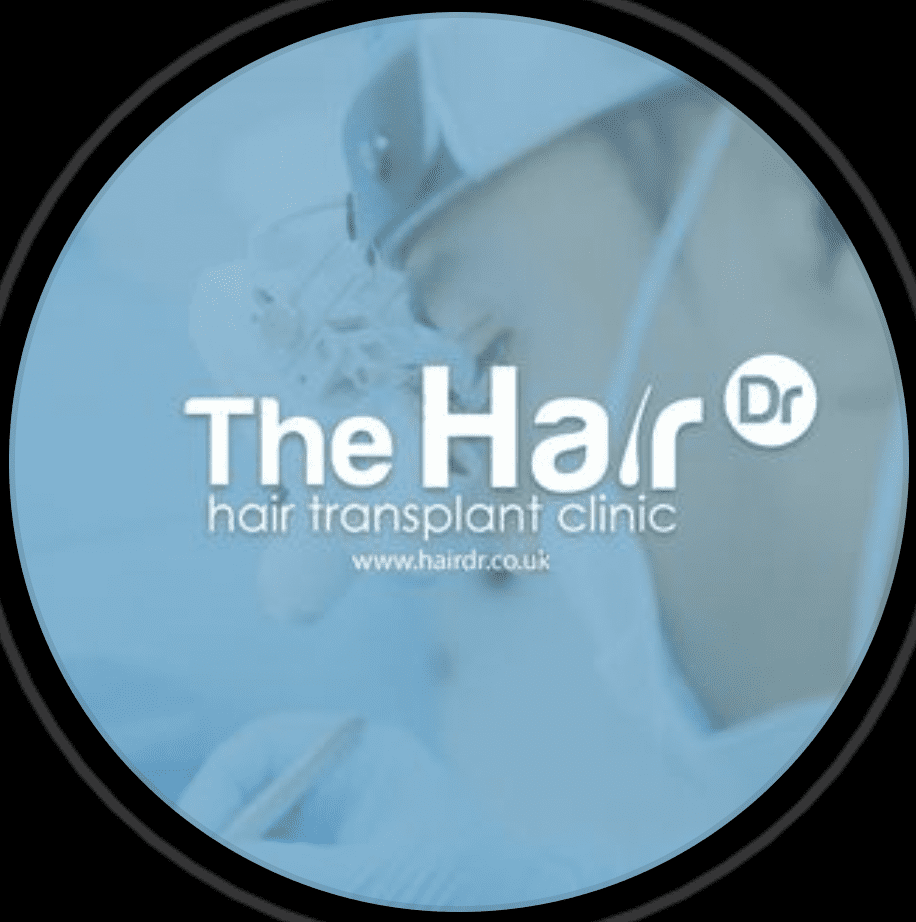Updated 18/10/23
Hair loss can take a toll on a person’s emotional health. Men and women may develop feelings of insecurity, anxiety, and self-consciousness. These feelings can have an impact on other areas of the person’s life.
The good news is that there are effective hair restoration methods that are available. These techniques can help people regain their confidence and improve their emotional wellbeing.
What is Hair Loss?
Hair loss, also called alopecia, is a common health issue that affects up to 50% of men and women throughout their lives. Hair loss is usually categorised into scarring alopecia (cicatricial alopecia) and non-scarring alopecia (non-cicatricial alopecia).
Hair loss can happen anywhere on the body, but it most commonly affects the scalp. Having plenty of hair is something viewed as essential in most societies, causing emotional distress in those who experience hair loss.
What Causes Hair Loss?
There are various causes for hair loss, but the type of hair loss depends on if the condition is scarring or non-scarring, focal or diffuse alopecia.
Scarring alopecia is a rare condition that can be caused by injury, infection, or inflammatory skin disorders. On the other hand, non-scarring focal alopecia may be caused by tinea capitis, a fungal skin infection, or alopecia areata, an autoimmune disorder.
Diffuse hair loss may follow hair shedding, which can be caused by stress-induced hair loss or caused by genetically determined male or female pattern baldness. Diffuse hair loss can also be caused by alopecia areata, medications, and other diseases.
Furthermore, psychiatric disturbances, such as acute anxiety and depression, have also been considered to be causes of diffuse hair loss.
What are the Emotional Effects of Hair Loss?
Hair loss can affect how people look, causing them to look older or different in other ways. This has a dramatic effect on the way people see themselves and contributes to a loss of confidence.
Women seem to especially have a harder time dealing with hair loss. One study showed that women suffered more emotionally and mentally, and they were more likely to develop a negative body image due to hair loss compared to men dealing with the same issue.
On the other hand, almost 75% of men feel less confident about themselves when hair loss first appears. 60% of men with hair loss say they have been ridiculed for their hair loss at some point during their lives.
When it comes to dating and relationships, hair loss has a profound effect on how we perceive ourselves and how we believe we’re perceived by others. This is especially true for younger people who experience hair loss. Some people may feel that their hair loss is a sign that they’re no longer young and that they are losing their desirability. Others feel they have become less attractive to their partners. The result is a loss of self-confidence.
Why is Hair So Important?
Hair is a very prominent feature, and it can affect the way we’re perceived by others and how we perform in the workplace. For instance, hair loss can affect someone who works in front of a camera or someone who works with the public.
Studies have shown that some employers are not willing to hire people who are bald or balding. The perception is that these people are older and less beneficial to the company.
Having a healthy head of hair is usually associated with being attractive, class & power, and more. Hair also makes a social statement, such as culture and social affiliation.
Moreover, a person fixing their hair every day is an essential part of getting ready to face the world. If a person starts losing their hair, the result can be depression, anxiety, and more.
Depression & Other Emotional Issues
Some people are able to bear their hair loss; however, many others have problems dealing with it and may become depressed. Research and surveys show that people who have hair loss can feel as though they’re losing control of their lives. They despair that their hair loss will not resolve, and they develop high levels of anxiety and depression. It’s even worse for anyone with obsessive-compulsive disorder and body dysmorphic disorder.
For some people, hair loss can feel like a disfigurement, which can affect a person’s sense of self and identity. A person can feel embarrassed and not feel like themselves anymore. The result is a lower quality of life and loss of overall well being.
While hair loss can be distressing, it can be treated. Today’s hair loss treatments are more effective than ever. Hair loss medications are available, as well as surgical hair transplants.
What are the Clinical Features of Anxiety/Depression Due to Hair Loss?
People dealing with hair loss may develop depression and other conditions, with the following symptoms:
- Depression can lead to low mood, lack of interest or pleasure in activities, loss of energy, and sleep issues.
- Anxiety may cause excessive worrying, difficulty controlling these feelings, and a feeling of heightened tension. Some people may also have symptoms of palpitations and sweating.
- Social phobia or avoidance behaviour can follow extreme symptoms of anxiety, leading to social and economic distress.
- Social anxiety disorder is characterised by fear of humiliation or being judged negatively in social situations, as well as avoidance of social and performance situations.
- These symptoms can have a dramatic impact on a person’s mental health, their ability to work/study, and their overall wellbeing.
Hair Restoration Can Make a Significant Difference
Thankfully, today’s hair restoration methods are highly effective and can help improve a person’s self-confidence and wellbeing. One of the most common hair restoration procedures is FUE (follicular unit extraction). This is a minimally invasive procedure where the surgeon removes individual hair follicles from a donor area of the scalp and transplants them to the balding or thinning areas of the scalp.
Prescription medications are also effective hair restoration treatments that can help people regain their confidence. In addition, there are supplements and natural remedies that can promote hair regrowth.
Summing It Up
Hair loss can have a significant impact on a person’s mental health and wellbeing. Thankfully, there are modern treatments available that are highly effective at restoring hair. These can be beneficial for those individuals suffering from hair loss.
FQAs
Can emotional stress cause hair loss?
Yes, emotional stress can contribute to hair loss. Conditions such as telogen effluvium can be triggered by significant emotional stressors.
Are there natural remedies for hair loss?
There are some natural remedies like using essential oils, a balanced diet, and reducing stress, which may help slow down hair loss or promote regrowth.
Is hair loss permanent?
Hair loss can be temporary or permanent, depending on the underlying cause. Consulting a healthcare professional can help determine the specific situation.
How can I talk to my partner about my hair loss?
Honesty and open communication are key. Share your feelings and concerns with your partner, and emphasise that their support means a lot to you.
What are the best hairstyles for concealing hair loss?
Choosing a hairstyle that adds volume, like layered cuts, can help conceal hair loss. Consult with a hairstylist for expert advice.
What is the psychological impact of hair loss on women?
For women, hair loss can be particularly challenging as societal beauty standards often link hair with femininity. Coping strategies and support are crucial.









